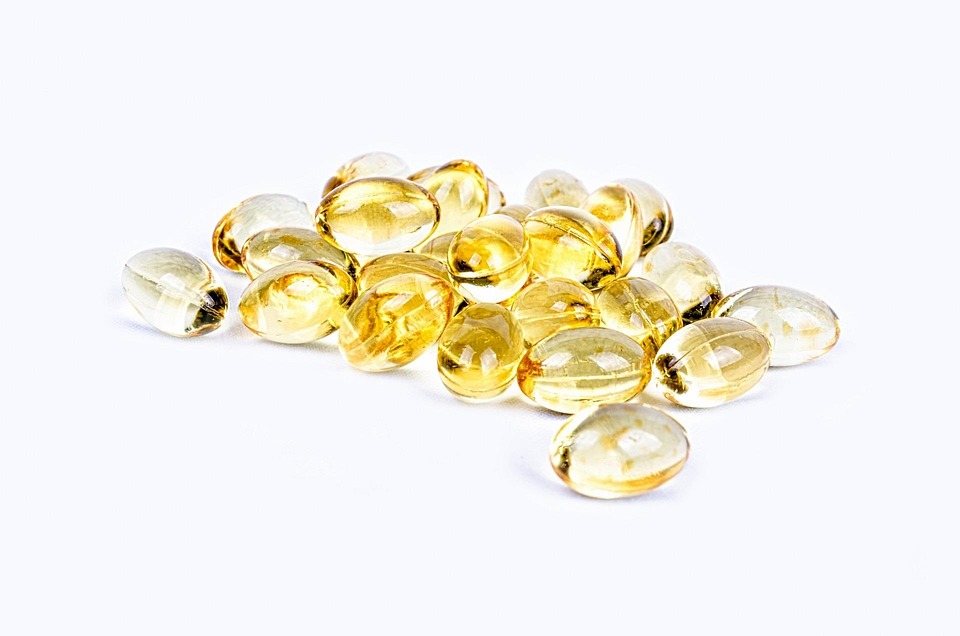
Unlocking the Benefits of Vitamin D: A Comprehensive Guide to Its Common Uses and Potential Drawbacks
Vitamin D, often dubbed the "sunshine vitamin", is pivotal in our quest for holistic health. We may bask in the sun, but do we truly grasp the myriad of benefits this nutrient bestows upon us? Or are we, perhaps, blissfully unaware of the potential pitfalls that await those who neglect its importance?
The Many Faces of Vitamin D
-
Bone Health
It is well-established that vitamin D plays an integral role in calcium absorption. A deficiency can lead to rickets in children and osteomalacia in adults, both of which are stark reminders of the vital connection between this vitamin and our skeletal integrity. A study published in the Journal of Bone and Mineral Research revealed that individuals with sufficient vitamin D levels had a markedly reduced risk of fractures. Yet, how many of us routinely check our vitamin D levels? -
Immune System Support
In an age where a robust immune system is more crucial than ever, vitamin D emerges as a key player. Research indicates that it modulates the immune response, potentially lowering the risk of respiratory infections. A meta-analysis in the British Medical Journal highlighted that those with adequate vitamin D levels experienced fewer upper respiratory tract infections. But could this mean that increasing our intake might provide a shield against ailments? It’s a tantalising thought. -
Mental Well-being
There’s a growing body of evidence linking vitamin D deficiency with mood disorders, particularly depression. A fascinating study from the American Journal of Psychiatry found that individuals with low levels of this vitamin were more likely to suffer from depressive symptoms. This begs the question: could a simple supplement be the key to brighter days? While many may turn to mood enhancers, the potential of vitamin D is often overlooked.
The Dark Side of the Sunshine Vitamin
However, the narrative surrounding vitamin D isn’t solely one of benefits. There are potential drawbacks that deserve attention. Excessive intake, particularly from supplements, can lead to toxicity, resulting in hypercalcemia—an alarming condition characterised by elevated calcium levels in the blood. Symptoms can range from nausea to kidney damage. It’s an irony not lost on those who believe that more is always better.
Moreover, certain populations, such as those with darker skin or the elderly, may find it harder to synthesise vitamin D from sunlight. This raises an important consideration: are we doing enough to cater to these demographics? As the UK continues to grapple with varying sun exposure throughout the year, public health campaigns must address this disparity.
The Quest for Balance
Navigating the world of vitamin D can feel like a labyrinth, but balance is paramount. The NHS recommends that adults consider a daily supplement of 10 micrograms, particularly during the darker months. However, the question remains: should we rely solely on supplements, or is there merit in obtaining vitamin D through natural food sources such as fatty fish, fortified dairy products, and egg yolks?
The interplay between diet and supplementation is complex, and individual needs vary greatly. Consulting with a healthcare professional is advisable, especially for those contemplating significant dietary changes or supplementation.
Embracing a Brighter Future
In the grand tapestry of health, vitamin D plays a crucial role, weaving together aspects of bone health, immunity, and mental well-being. As we unravel its layers, we must remain vigilant about moderation and informed choices. After all, understanding the full spectrum of benefits and drawbacks allows us to make educated decisions for our health.
As we continue to explore the vast landscape of health and wellness, BargainsTrust remains committed to providing you with curated selections of valuable information and products that enhance your life. So, let’s keep the conversation going and shed light on what truly matters!







